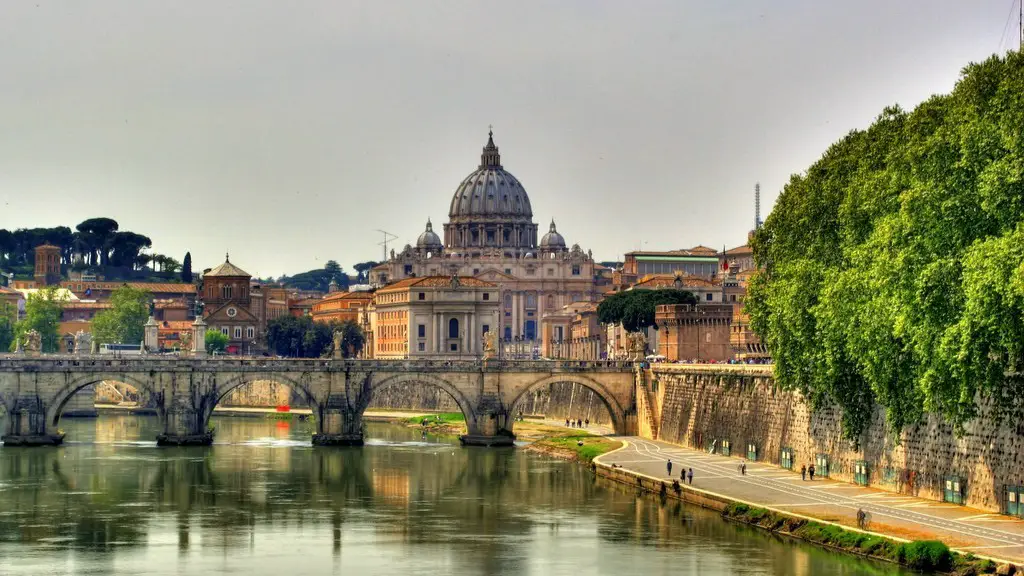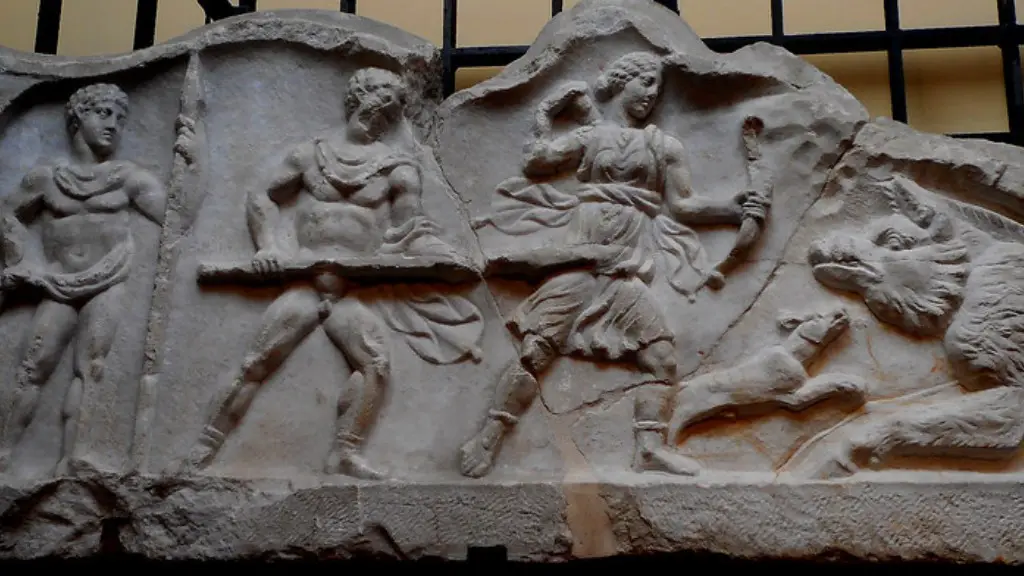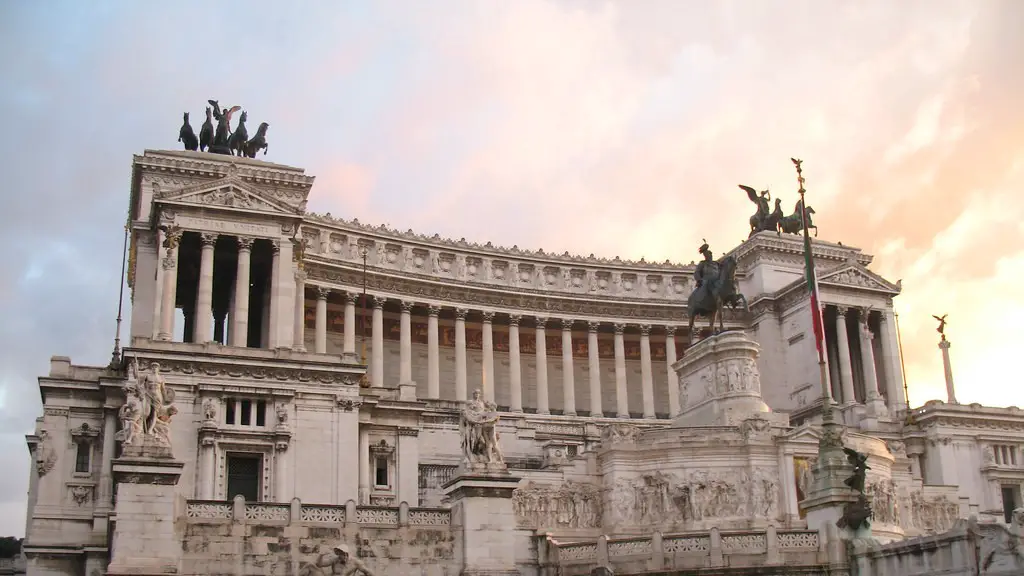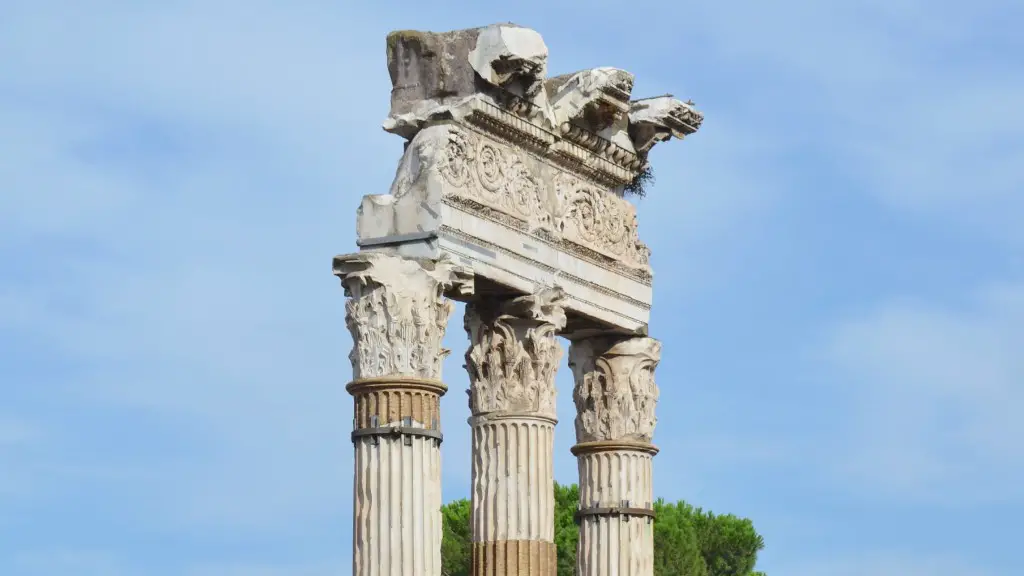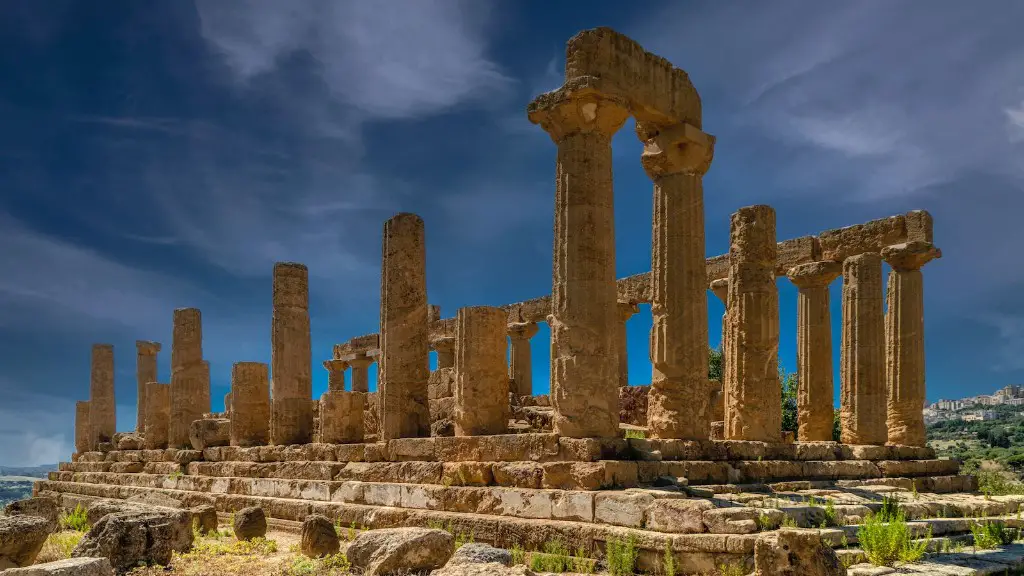The Tribunes of Ancient Rome were a powerful and influential body in the Roman Republic, enjoying wide-ranging legal and political powers. They had the power to veto legislation and to block some types of political action. The Tribunes served for a year, and their term of office began in December. It was an ancient office, instituted in the Roman Republic by the fifth century BC, and they continued to act until the end of the Roman Republic.
The Tribunes of Ancient Rome were elected annually by the citizens of Rome. Each Tribune would be elected by a majority of votes – usually just a handful of votes – by the citizens of Rome. It was not uncommon for up to five candidates to compete for the same position. The purpose of being a Tribune was to represent the citizens of Rome and to make sure their interests were heard in the Senate, the Senate of the Roman people.
The Tribunes of Ancient Rome did not have the same powers as the Consuls, but they had a significant say in the governance of the city. They could propose legislation, veto laws, and even order a trial for a politician accused of a crime. They could also stop the implementation of a bill in the Senate by raising the veto flag. However, the Tribunes could not overrule the Senate and had to speak in favor of any laws they wanted to push through.
The Tribunes were also responsible for overseeing the public’s welfare and were the public’s voice in the Senate. This meant they had the power to hold public meetings, called contiones, in which they could discuss public issues and gather the people’s support and advice. They had the power to ratify treaties, declare war, and even protect citizens’ rights. Although they lacked many of the same powers as a consul, the Tribunes were still influential in the Roman Republic.
The Tribunes of Ancient Rome were an important source of protection for citizens. They often played an important role in resolving matters of justice and carrying out due process. They could call and order trials, and bring cases before the Senate. Moreover, their position was above the law; they could not be sued without permission from the Senate and their decisions and actions could not be judged by any court. This ensured that justice was carried out in the Republic without interference from the Senate or other authorities.
The Tribunes were also key players in political conflicts and conflicts of interest between the plebeians and patricians. They could act as mediators and help resolve disputes. They could also help to protect the interests of the plebeians in the Senate by making sure their proposals and plans were heard and considered. This, in turn, helped to ensure that the plebeians and patricians had a good relationship, and that both sides were fairly represented in the government.
As the years passed and the Roman Republic grew and developed, the power and influence of the Tribunes decreased. The office was eventually abolished during the dictatorship of Julius Caesar in the first century BC. Although they no longer hold their influential power today, the Tribunes of Ancient Rome are evocative symbols of justice, democracy and advocacy.
Role In Legislation
The Tribunes had a role in legislation and were empowered to create legislation which was beneficial to the people. The power was utilized to push through laws and reforms which were introduced with the purpose of curbing the excesses of the wealthy, powerful classes. This could even include taxation reforms in order to support the common man. They were also concerned with the welfare of the citizens, and this often included introducing laws to protect workers, or those who could not defend their own rights. In this sense, the Tribunes acted as a sort of ‘people’s advocate’.
They could also propose laws and reforms that other authorities, such as the Senate or the people, would have been unable or unwilling to initiate. One example of this was the Lex Hortensia, which was proposed by the Tribunes in 287 BC, and which allowed for laws which had been passed by the popular assemblies to be legally binding and no longer subject to the Senate’s revision. This was a significant reform which enabled the people of Rome to govern themselves more freely and with more autonomy.
Tribunes And The Decline of The Roman Republic
The power and influence of the Tribunes declined over time, as the Roman Republic weakened and its powers were rescinded. Eventually, they were reduced to representing little more than the ‘man on the street’ and their role largely disappeared with the rise of the emperors. They lost many of the powers they had, most significantly their right to call contiones, or public meetings. The Tribunes were eventually abolished altogether, and the office ceased to exist after the Dictatorship of Julius Caesar.
Nevertheless, the Tribunes remain evocative symbols of justice and democratic inclusion, and their legacy has been continued into modern times. In many countries today, including in the United States, elected officials have similar roles, and their function is based on the same idea of representing and protecting the people’s interests. The Tribunes of Ancient Rome remain an inspiring reminder of the importance of Rule of Law, due process, and the power of the people.
Legacy Of The Tribunes
The Tribunes of Ancient Rome left a powerful legacy of justice and democracy. Although the Tribunes no longer exist today, their influence has been felt throughout centuries and their ideas of representation and due process continue to be relevant in our modern world. Although their powers were limited by the Senate and by the rising Roman Empire, they still had a significant influence on society and their legacy of justice and advocacy live on in the societies we live in today.
The legacy of the Tribunes lives on in many ways. They have been memorialized in literature, sculpture, and even in modern-day political offices, such as the tribunes in the United States. The Lex Hortensia was a significant reform brought forward by the Tribunes, and it is a fitting reminder of the significant reforms and governmental work they left behind.
Relevance To Modern Society
The legacy of the Tribunes of Ancient Rome is still relevant in our modern society. They have influenced and inspired many of the reforms and principles we use to govern ourselves today, from the rule of law to the importance of promises and contracts. The office of the Tribune still exists in many countries and it is a reminder of the power of representation and of due process. The message that the Tribunes of Ancient Rome left behind, of justice, democracy and the protection of citizens’ rights is as relevant today as it ever was.
Criticisms Of The Tribunes
Although the Tribunes of Ancient Rome were powerful and influential figures, they were not considerably popular among the aristocratic class. The Office and the reforms associated with it were often seen as a threat to the status quo and the traditional powers of the Senate and aristocracy. The Tribunes did, however, have some support from the middle class, and their acts were often seen as for the greater good of the government and the people.
The Tribunes of Ancient Rome were also criticized for their lack of power and influence. Even though they had some influence in the Senate, the Legislatures, and in public life, they were still limited in what they could do. This was notable when faced with the Senate and the growing power of the Roman Empire, and they often faced resistance and obstruction in pushing through any reforms or changes.
The legacy of the Tribunes of Ancient Rome is still visible today, and it is important to remember their role in the formation of our modern systems and laws. Despite the criticism that faced the office and the tribunes themselves, there is no denying that the office inspired and promoted justice, democracy and the chance for the people to have a say in the government.
Conclusion
The Tribunes of Ancient Rome were powerful and influential figures, and their legacy is still seen in many aspects of the modern world. The office of the Tribune remains an important reminder of the power of representation and of the Rule of Law. They were not universally popular with the ruling classes, due to the changes they proposed and the power they had over the Senate and the legislative process. However, the Tribunes of Ancient Rome remain an inspiring, evocative symbol of justice, democracy, and advocacy.
